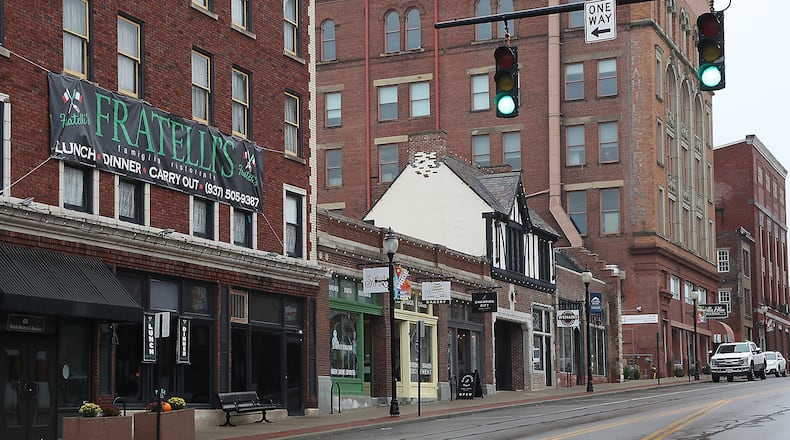However, some state legislators are looking to reverse that. It is a move that local officials say would be disastrous for city revenue and could impact city services.
But, what that loss would look like is hard to calculate since it is unclear how long workplace changes made due to the pandemic will last as well as other variables associated with income tax collection.
“It is a concern, but it is almost impossible to quantify at this point since there are so many different variables,” said Mark Beckdahl, the finance director for the City of Springfield.
It is also hard to determine at this point how many of those remote workers will be working outside city limits if and when a change to income tax collection is made, said Springfield City Manager Bryan Heck.
“We know that there is going to be long term repercussions related to (the coronavirus pandemic). One of those things is the way that we conduct and do business moving forward in communities,” Heck said.
A bill was introduced in the Ohio Senate earlier this year by Sen. Kristina Roegner, R-Hudson, which aims to reverse the measure that keeps workers paying income taxes to the municipality in which their employer is located.
A similar proposal has been introduced in the Ohio House of Representatives.
Roegner said she does not think her legislation will be acted on this year, but plans to introduce again in 2021, when she does expect a vote, this news organization previously reported.
Discussion related to income tax collections come at a time were some employers have shifted to remote work due to safety concerns regarding the coronavirus. In Springfield, some companies such as Assurant and CodeBlue have had a number of employees working from home during the pandemic.
A large portion of the city’s general fund revenues comes from local income tax and that money is used to pay for services such as public safety.
Springfield’s projected budget for 2021 predicts roughly $40 million will be collected in income tax for the city’s general fund. Total general fund revenues for that year are predicted to be around $48 million.
The city is expected to reach close to $40 million in income tax collections for its general fund for 2020. Beckdahl said that the city has only seen a 1% drop in income tax revenues so far amid the pandemic.
However, Heck said if income tax collections are changed it could add considerable losses in income to municipalities already struggling with the impact of the pandemic.
He said that before the pandemic it was projected that over 30% of those who work in the city live outside city limits. It is unclear how many of those workers are now working remotely.
Springfield Mayor Warren Copeland said that a change in income tax collection, the repeal of the measure approved in March, could also impact ways municipalities retain and attract businesses to their cities.
Some municipalities provide incentives to attract large employers and the expectation is that those employers will bring jobs and those cities will see an increase in income tax, Copeland said.
However, if a number of employers are working remotely as well as out of city limits and they do not pay income tax to that municipality, then it affects the amount of income tax coming in.
Copeland said that income tax collection is key for the financial stability of cities in the state.
About the Author

